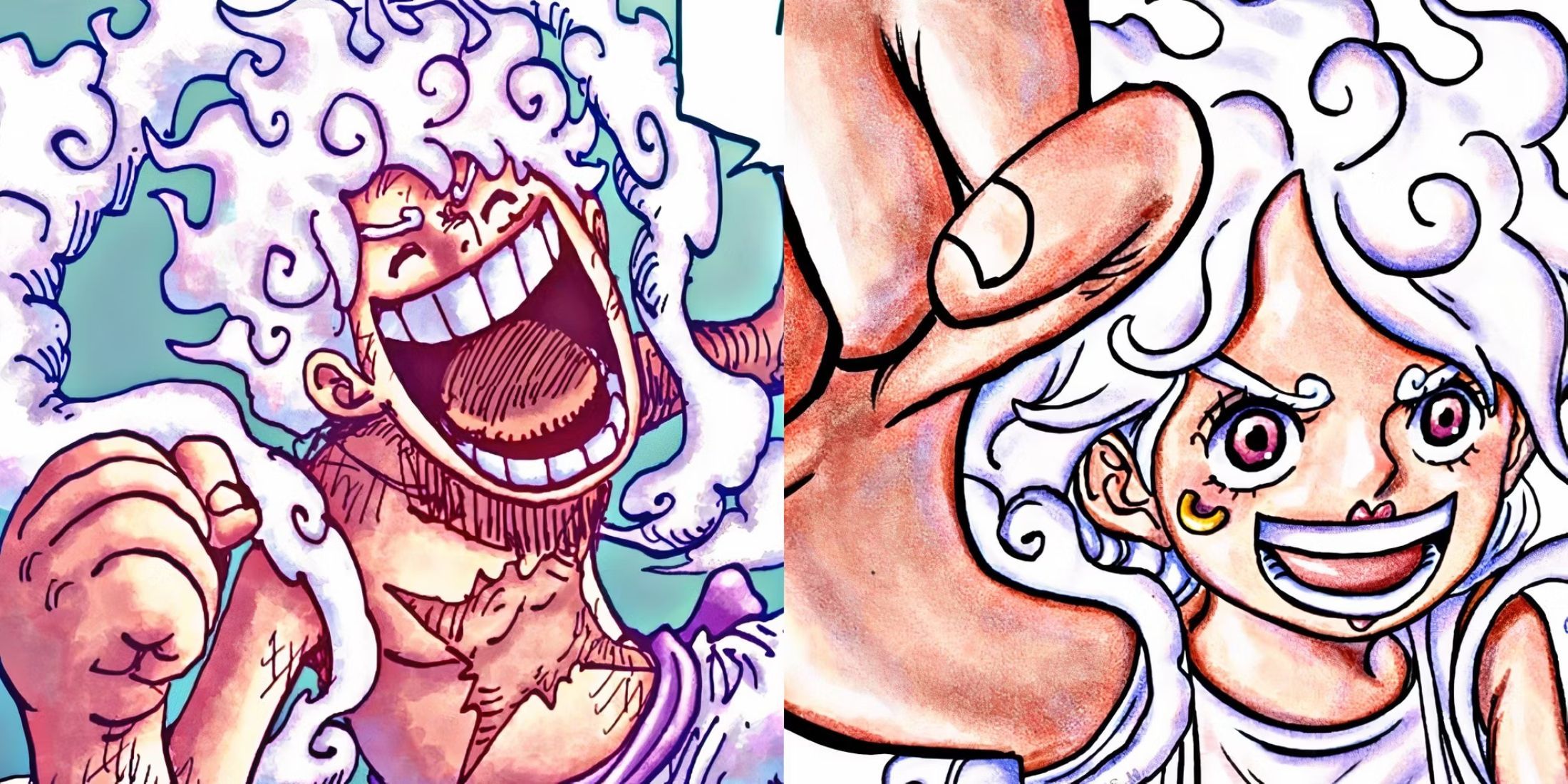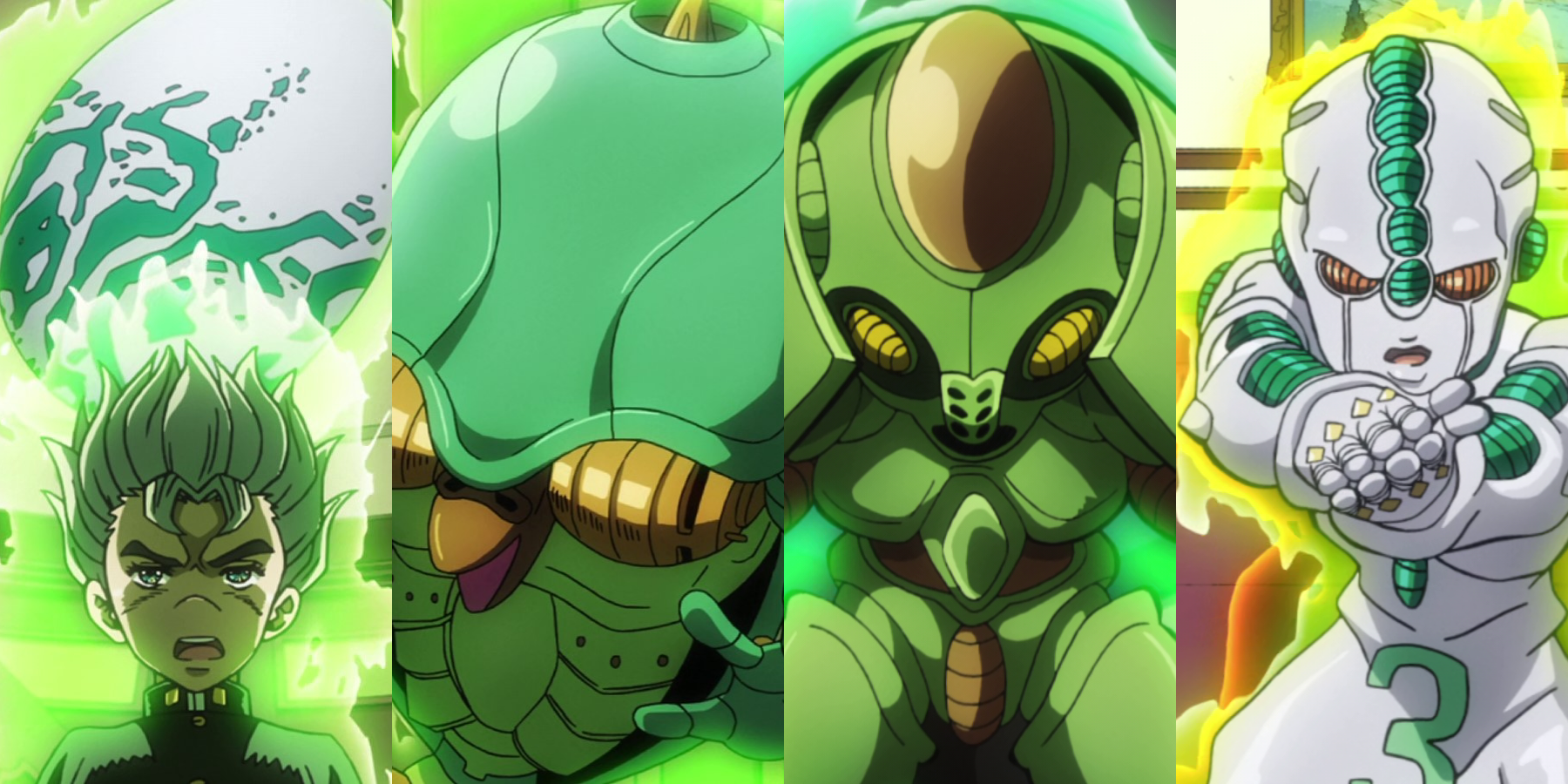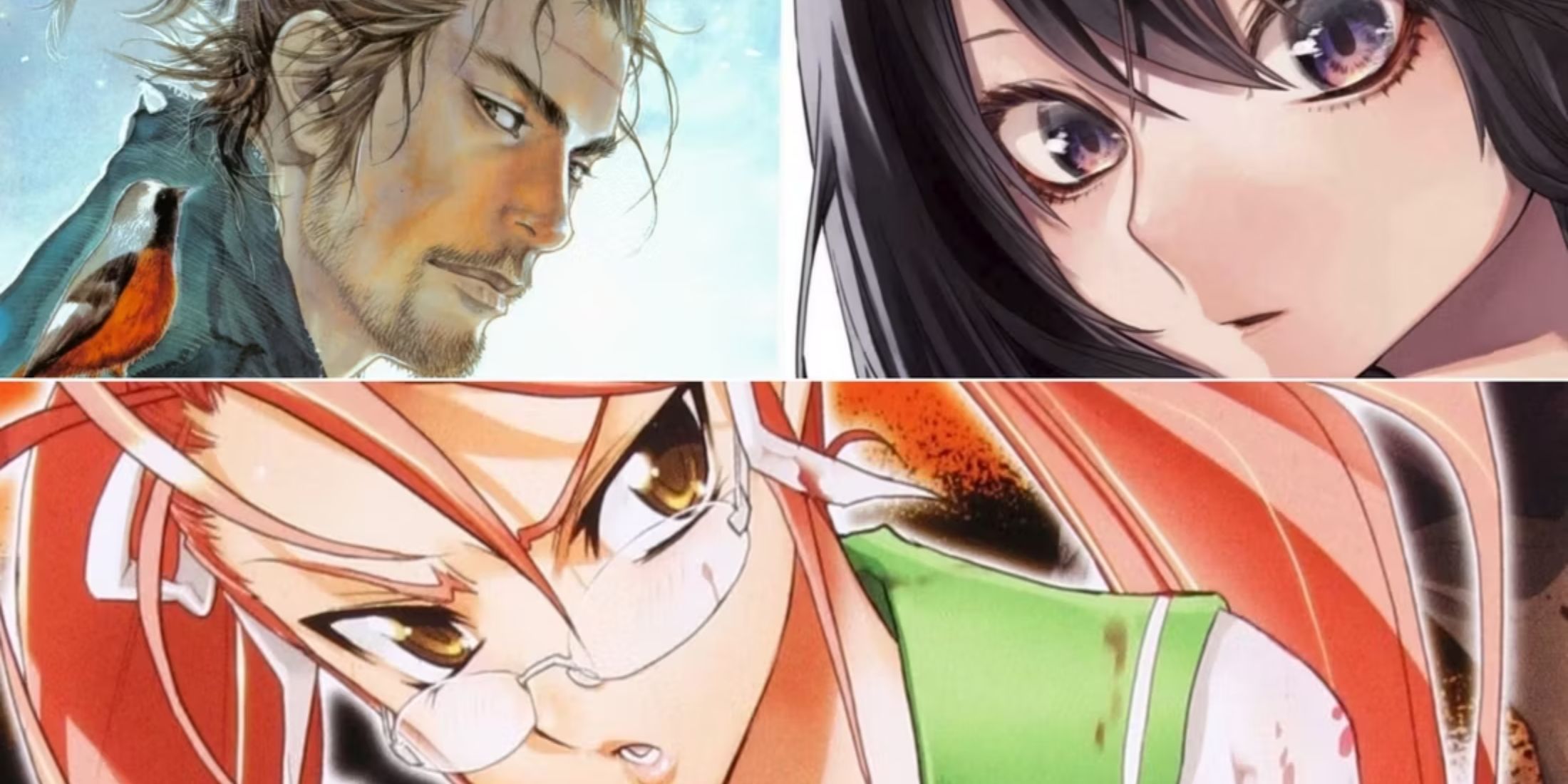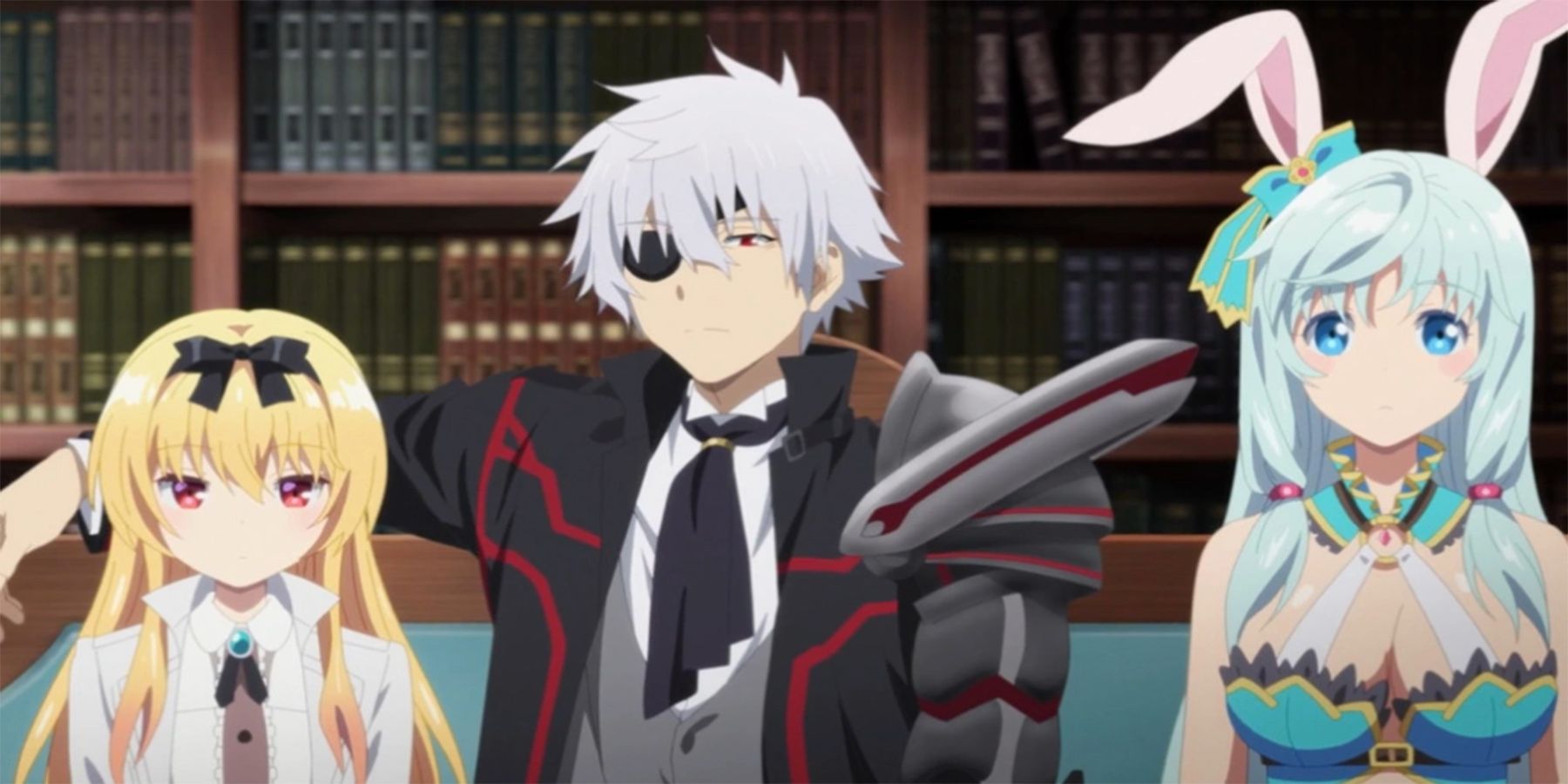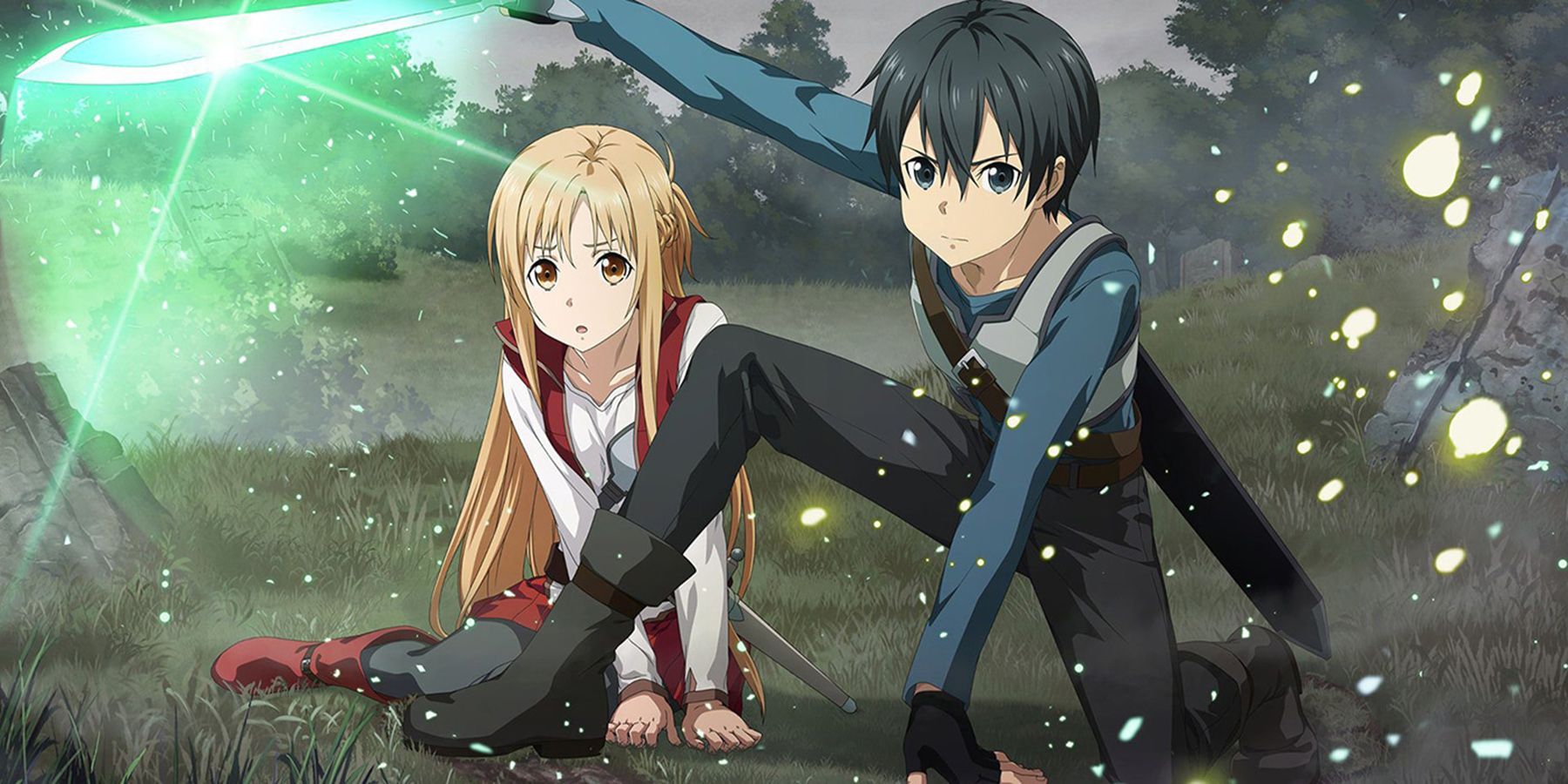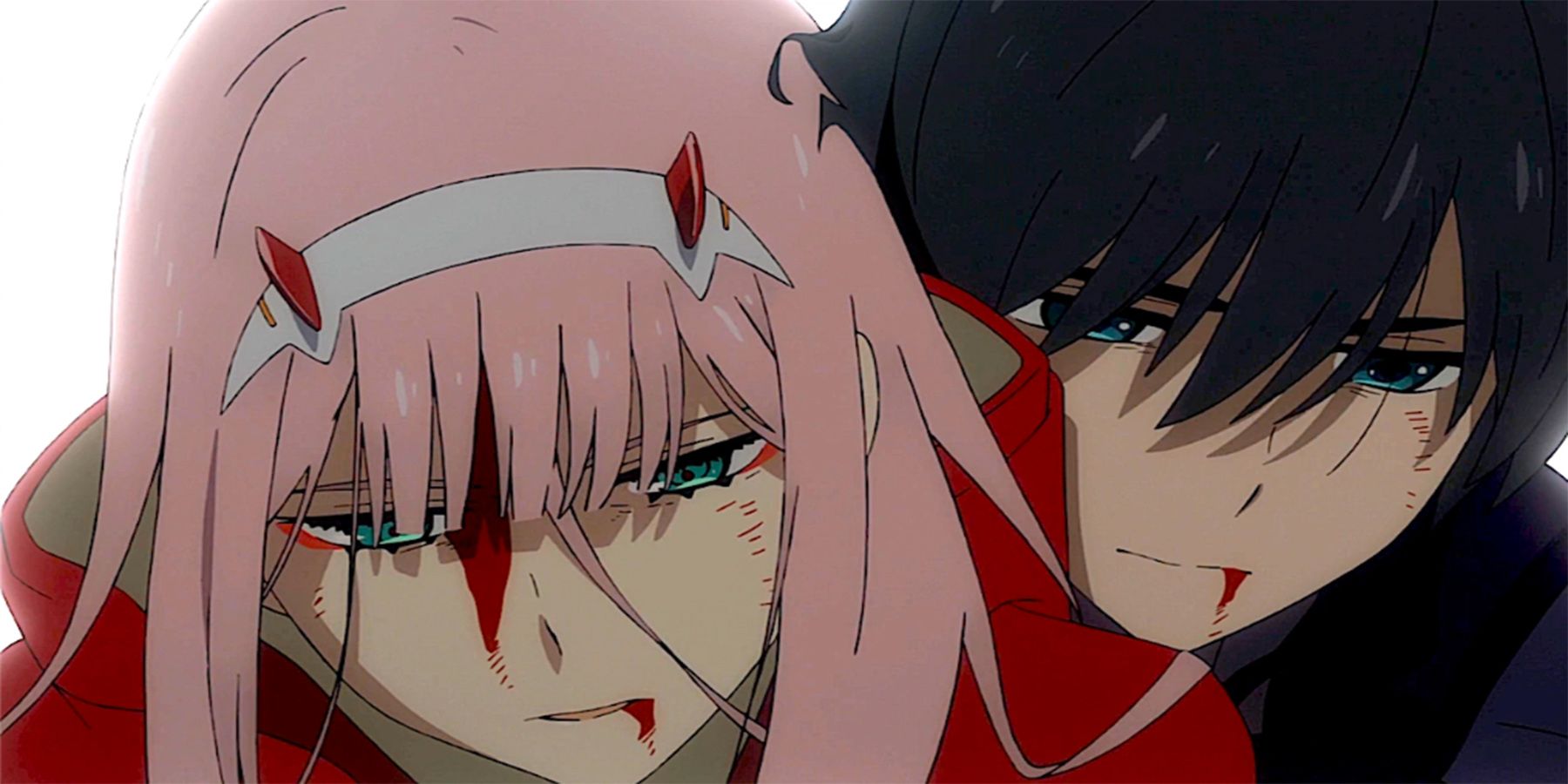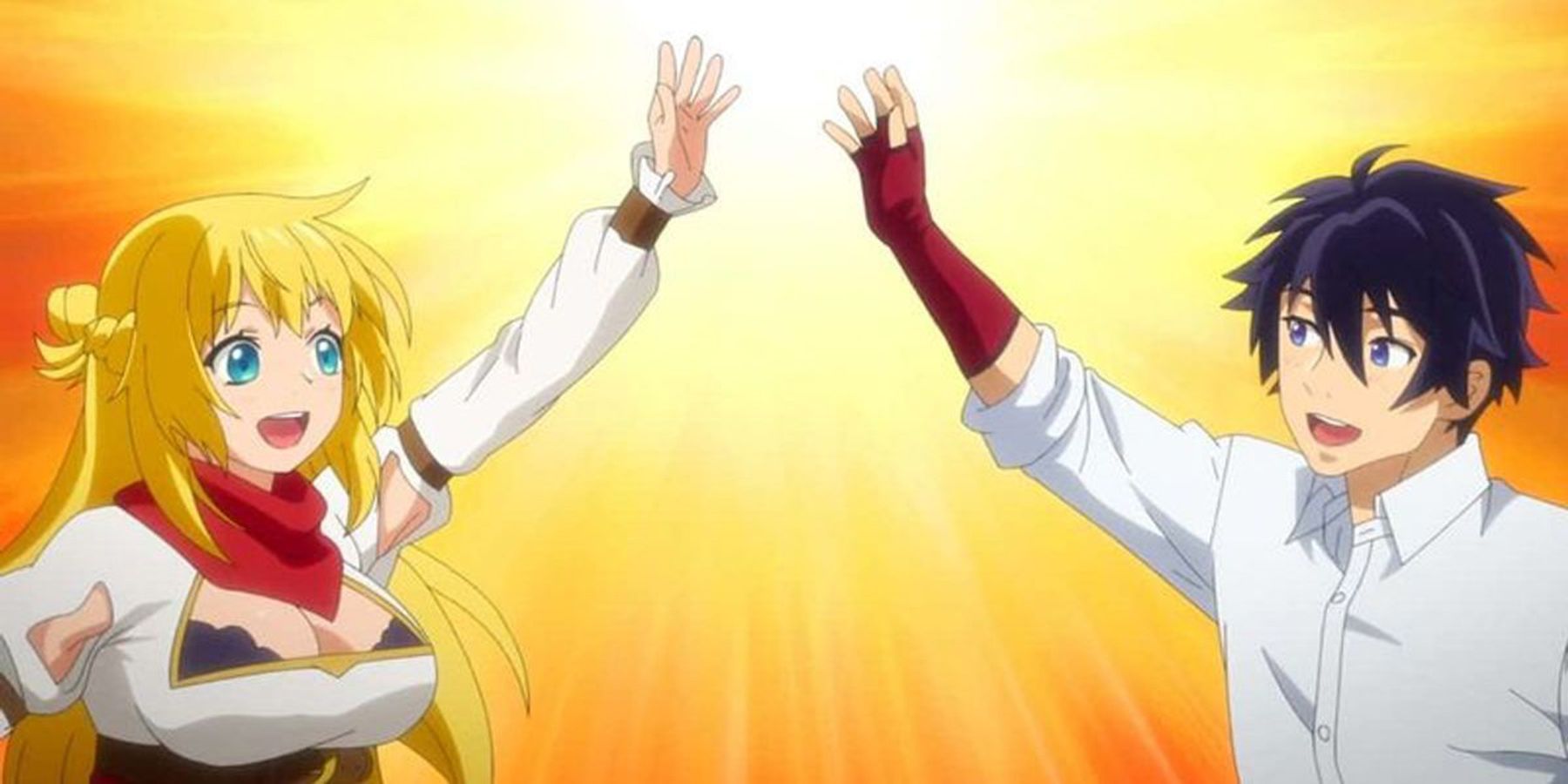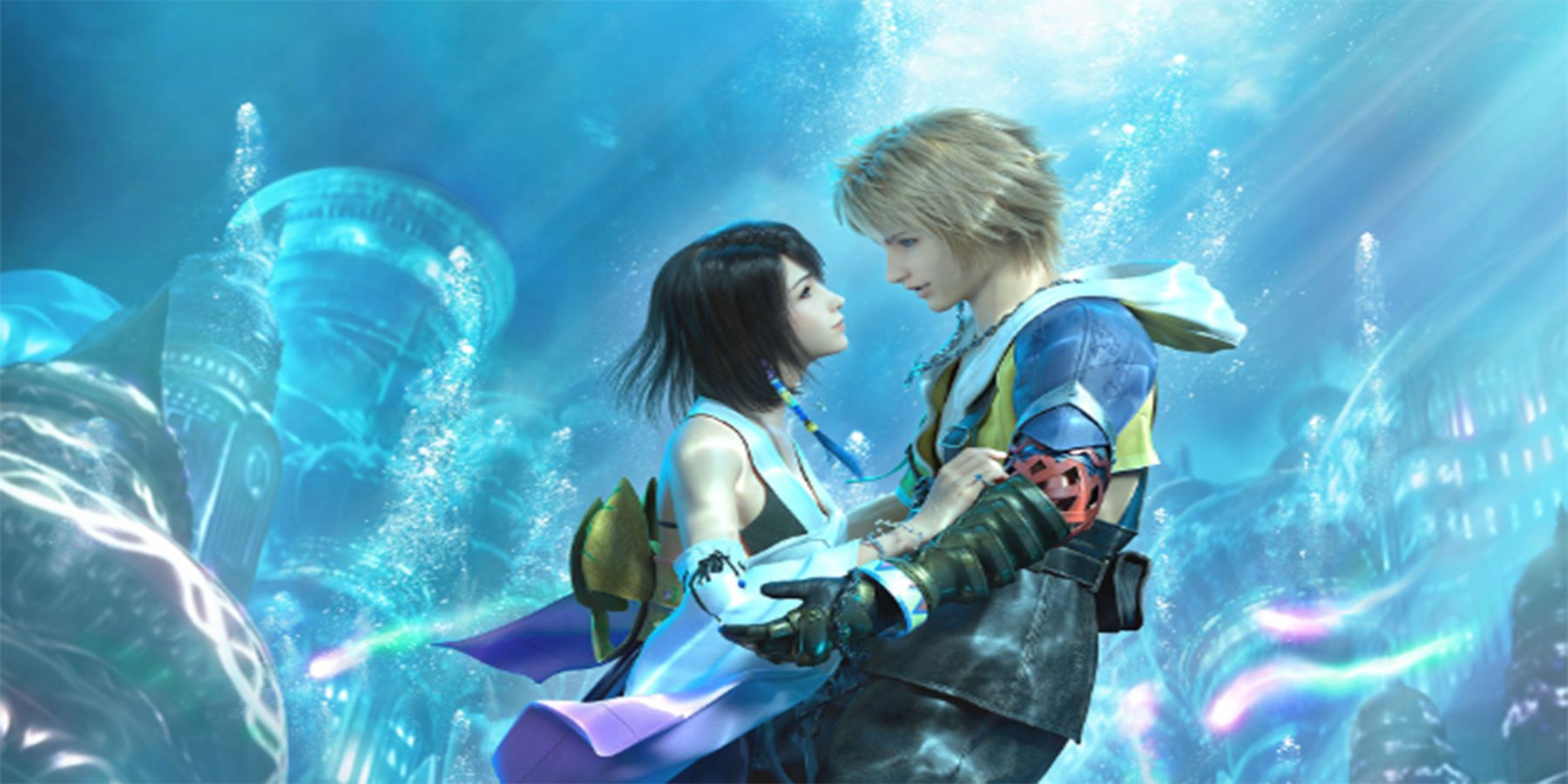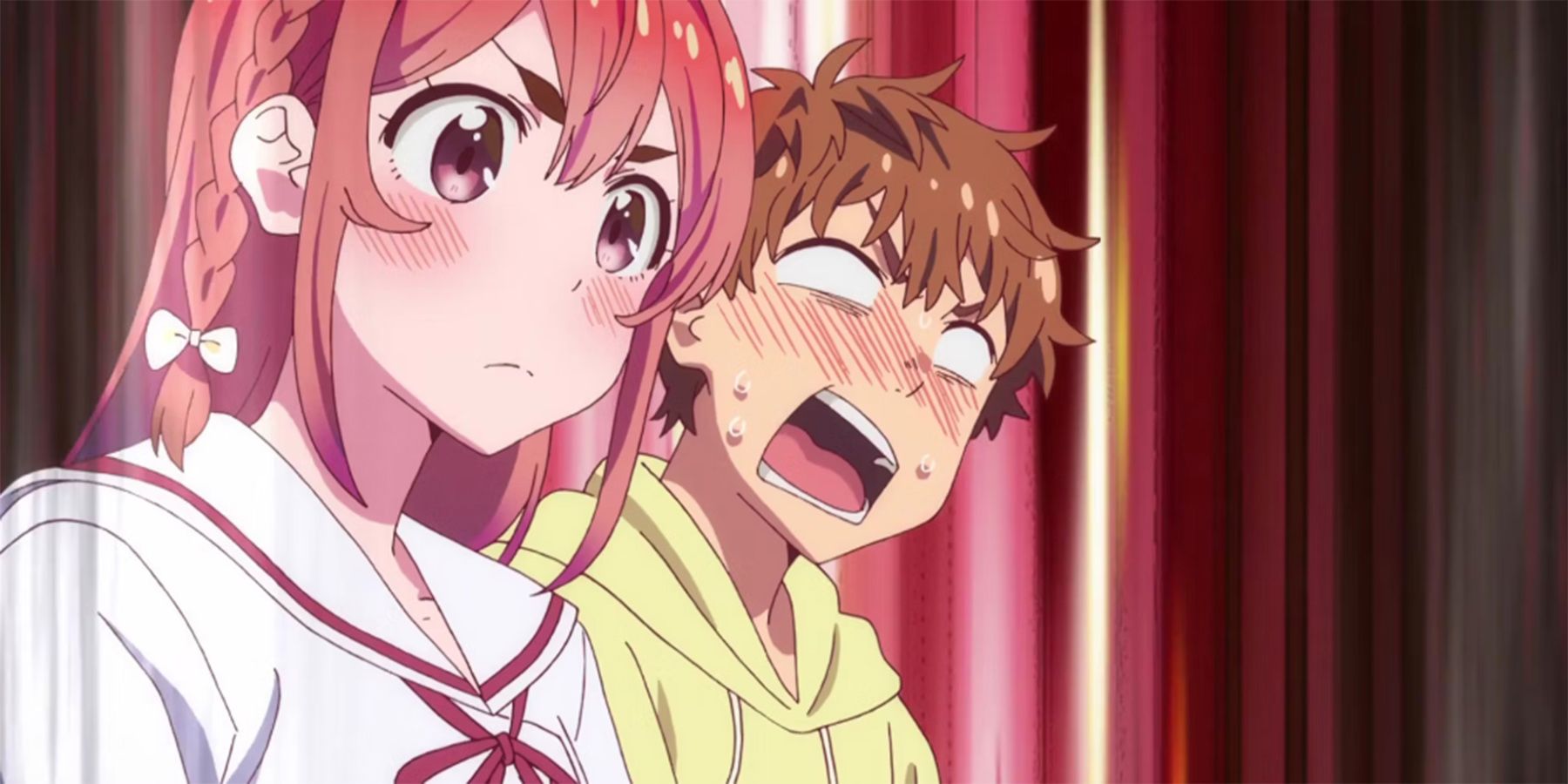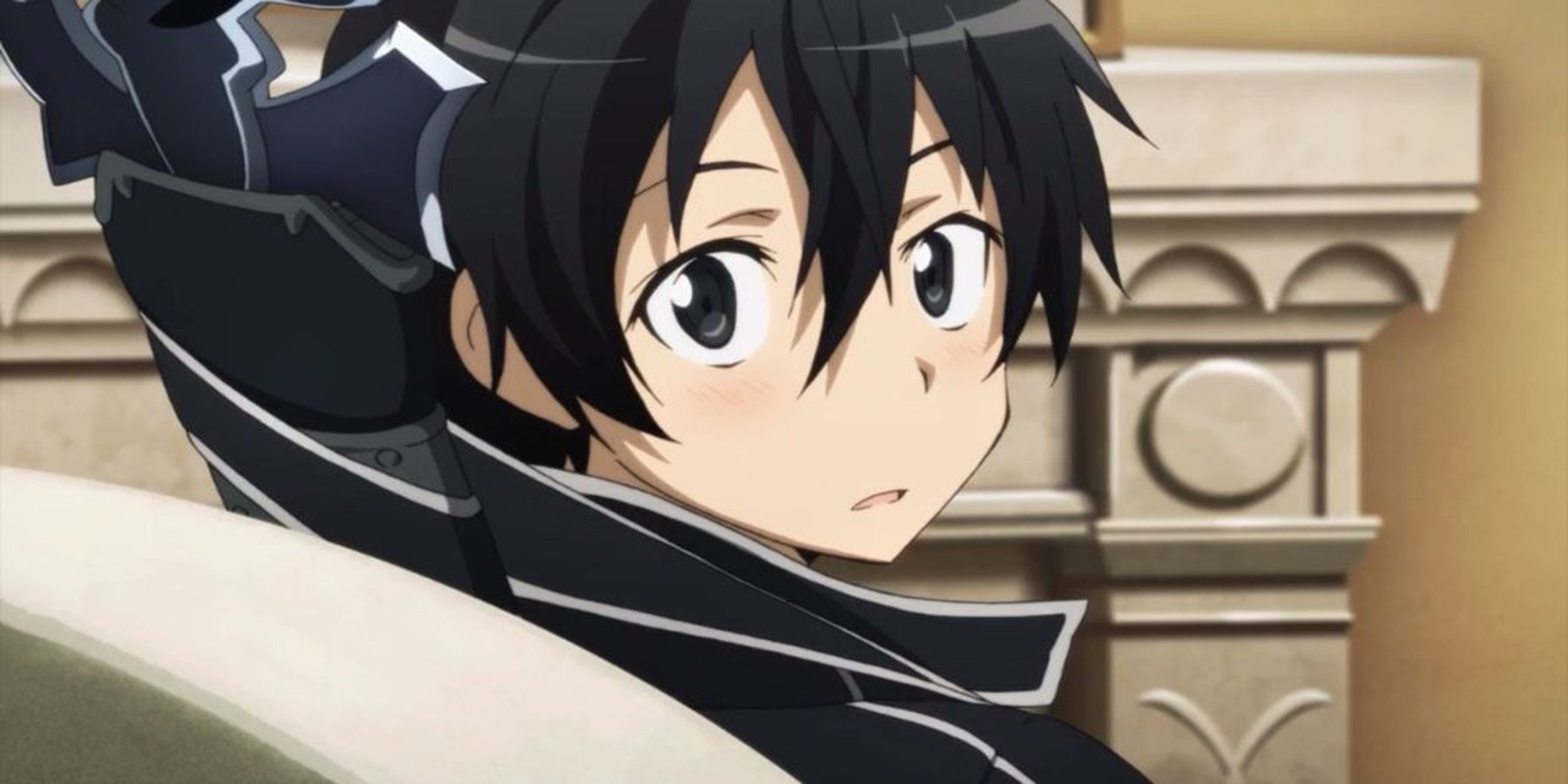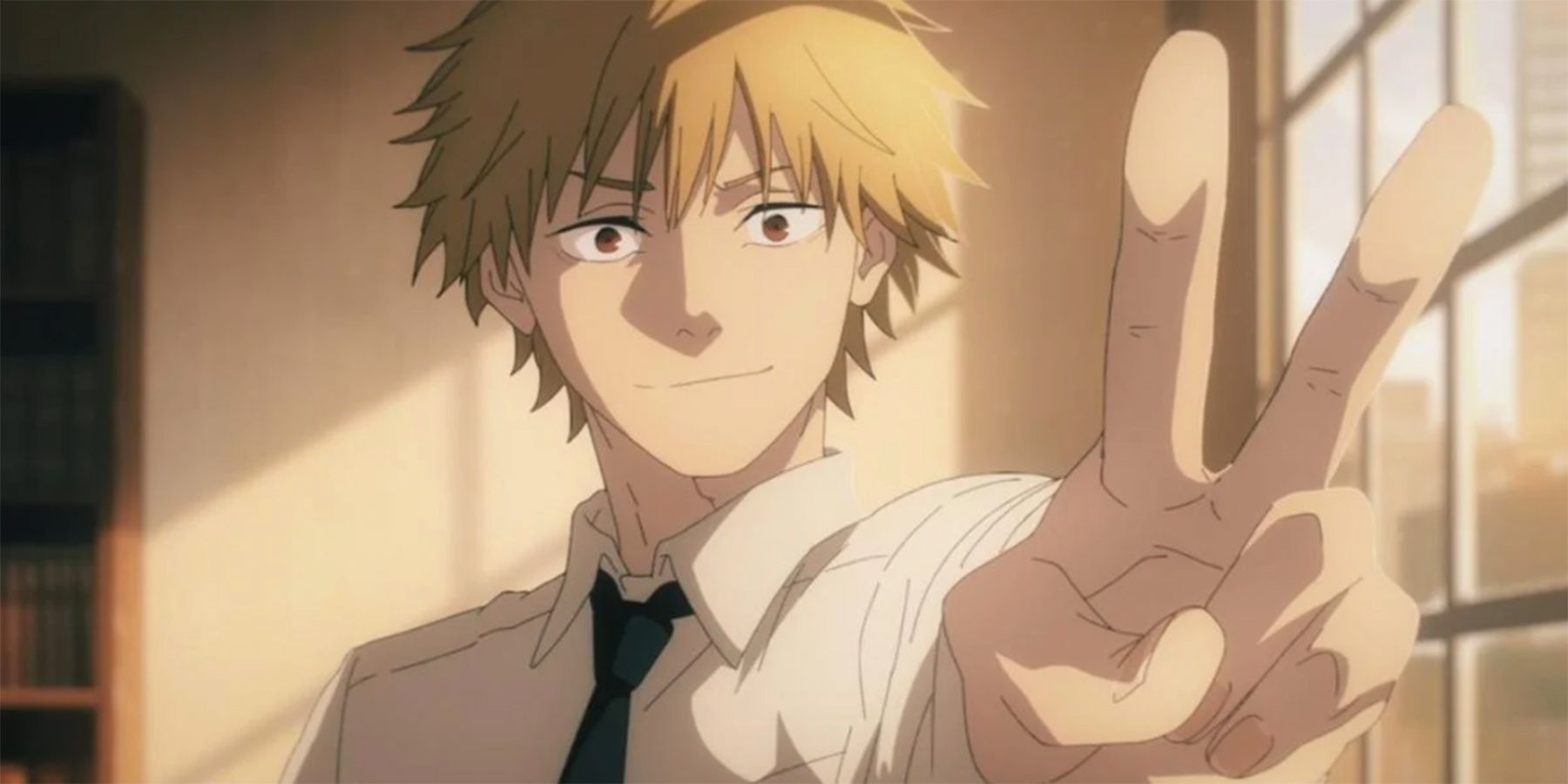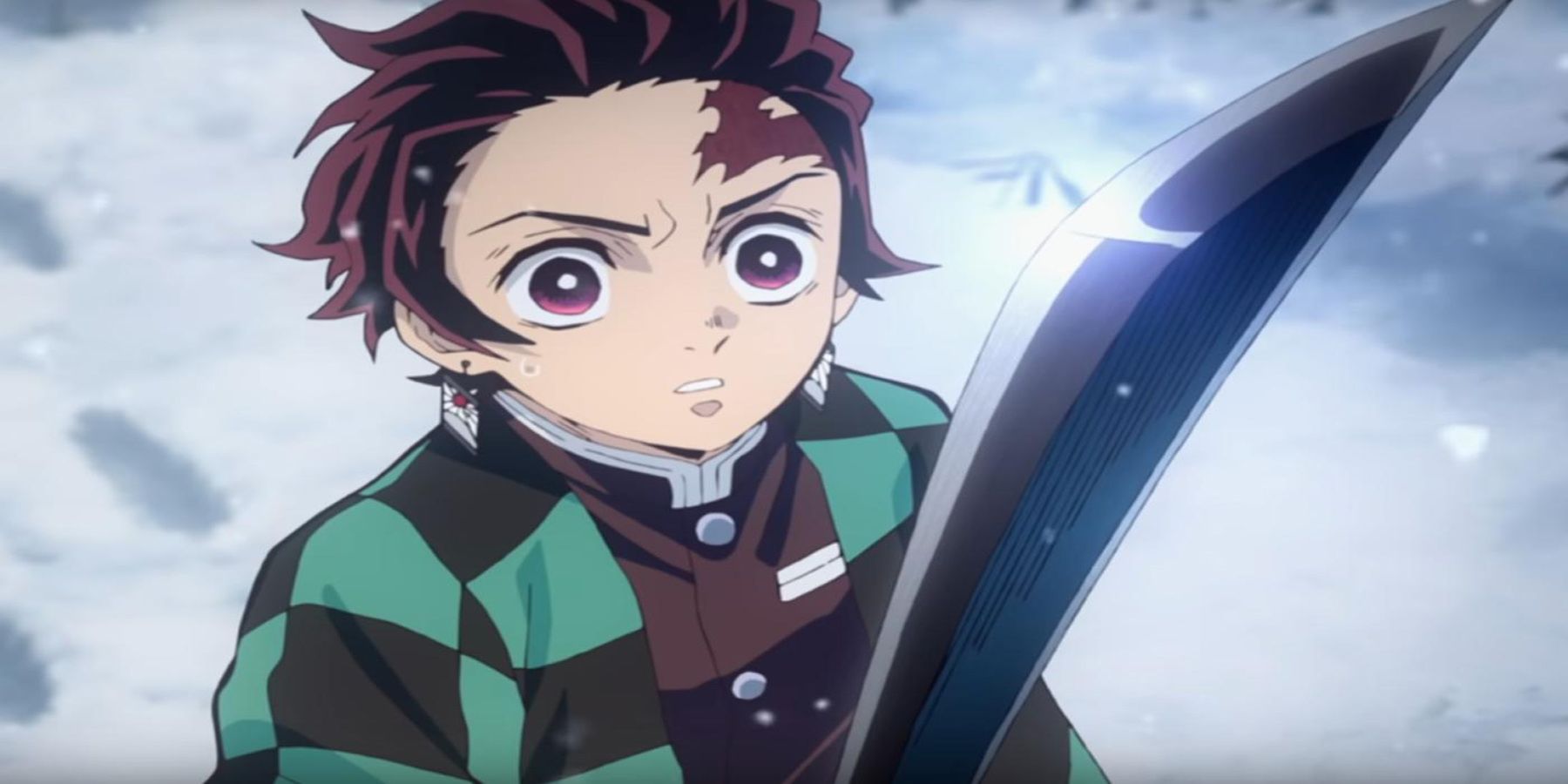Arguably the most popular genre of Japanese pop culture, shounen usually has something in it for everyone. Aside from its sister genre, shoujo, which sets its primary focus on romance and drama, shounen expands its narrative in a coming-of-age story.
Usually this entails a hero going on a journey or the underdog wanting to prove to the rest of the world that he's worth something. Older shounen anime and manga would occasionally throw in a romantic subplot for some variety, while the newer ones have begun to mix up its formula, and adding more drama and romance elements to complete the narrative. As genres have begun to overlap, there's been an increase in borrowed tropes, both good and bad.
Bold to Bashful
Every main character needs a side-character they can rely on, but actually, well-written ones don't need them to be weak, in order to be strong. There are three examples, all with different premises but suffer from the same trope: a weak love interest. Sword Art Online is one of the more infamous examples in which Asuna, Kirito's love interest is made out to be self-reliant and a worthy opponent. Even the OP shows her on the battlefield alongside the main character.
Unfortunately, this is short-lived - as soon as she joins his party, Asuna becomes helpless, emotional, and relies on Kirito to save her. What's more, she's easily taken hostage and is not written to be as assertive as she once was. In part two of the anime, she's kidnapped by the antagonist to become his "bride", but despite her previous resolve at the beginning of the show, it's like she's a completely different person. When put next to Kirito, he looks strong and invincible, but if we look at his character by itself, he really isn't all that impressive.
Darling in the Franxx's first-half was off to a strong start with the introduction of Hiro's love-interest, Zero Two. She had much more experience and a carefree will, unlike the rest of the cast - which was refreshing to see. Come the second half, when she's accepted into the group, her personality changes to that of a stereotypical shy, bashful, and docile anime girl. No longer confident and ambitious, Zero Two becomes a mere accessory to Hiro's combative abilities, even though she was the one who influenced him to be stronger. Part of what made their relationship so special, was that Hiro accepted her and taught her to embrace her differences and assertive personality.
Banished From The Hero's Party uses both of the previous tropes with Red and Rit's relationship. Red, an adventurer was banished from his former group for not being useful, and so he decides to branch off and live in the countryside. He chooses to live his life more passively and plays a domestic role - which he finds fulfillment in. Rit, an old friend of his crosses his path and together they decide to run a small business. The thing with Rit, though is that she is a high level adventurer and frequently protects Red from danger. The anime doesn't even treat it as a weakness or shameful to rely on a woman, despite enemies making the occasional comment on Rit's position. She is also witty, sarcastic, and playful - traits that Red falls in love with. But what happens after they confess their love? Now she's shy and modest, and Red's character is brought to the front.
Relationships can warrant changes in behavior, but a personality does not just switch overnight. Intentional or unintentional, the love-interests in shounen try to change themselves to "please" the main character, when he never demanded change from her in the first place. Two good examples of equal relationships are from the Final Fantasy series. In Final Fantasy X, Yuna is a powerful summoner, albeit very passive - but Tidus encourages her to be more independent and form her own destiny. In the second game, she takes up the lead role to save the day; and when she finally reunites with Tidus, he's proud to see her newfound strength. In Final Fantasy VII, Cloud and Tifa are equals both in combat and in resolve - one being a skilled swordsman, and the other being a martial artist. They complement each other and don't rely on one being "weaker" to empower the other.
The Idiot Hero
A naive character learning the basics for the first time can be fun and relatable, if done right. But if not tackled properly, they can just come off as selfish and immature. Rent a Girlfriend does not do its main character any favors. He starts off as a guy who wants a girlfriend and tries out a dating service - a fair enough premise, many people look for companionship, after all.
But Kazuya's treatment of the female characters are far from just inexperience. The only times he helps any of them are because he expects something in return - additionally, his "pervy" mindset is taken to an extreme level of selfishness and pure objectification. The anime treats this as simple immaturity, but Kazuya's supposed to be an adult - even his friends are written with more dimension.
The first adaptation of Sword Art Online turns Kirito straight into this trope when he constantly walks in on Asuna changing clothes or not noticing he may not be acting faithful towards her. Other female characters have a tendency to throw themselves at him, but he seems too "dense" to notice their affections. And unfortunately, this isn't just being casually friendly, but explicit flirting and his overall lack of awareness. He's supposed to be a powerful and smart player, the hero of the story, and his character deserves more depth.
Two examples of well done "idiot heroes" are Denji from Chainsaw Man, and Naruto. Denji was raised in such an environment where he lacked proper education, so he's a little rusty around the edges. He still has a drive towards women and lets his feelings get the better of him, but that isn't his whole character. His experiences as a devil hunter shape him into a more well-rounded character, while still maintaining that care-free persona. Naruto also had a lonely childhood, but his behavior was more accurate to his age group. Being 12 years-old, it's expected that his sense of humor would be more "idiotic" and his idealistic mindset of being the perfect ninja isn't too far behind. But like Denji, he still keeps his goofy character, but his experiences shape him overtime.
To sum it all up? Empathy. That's arguably the most important aspect of a good character.
The Good News
With newer installments in the shounen genre, some of these tropes have begun to die down. But at least, like a well-written shounen character, we have something to look back on, reflect on, and grow from.

